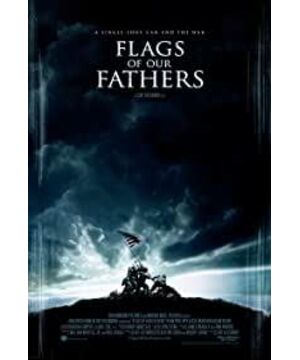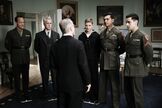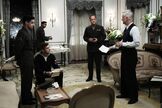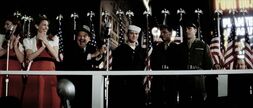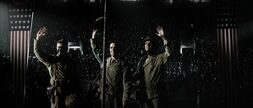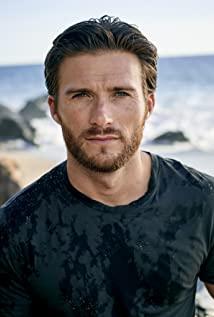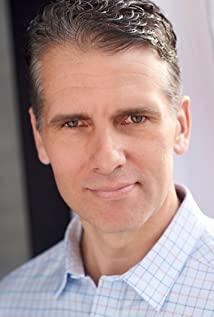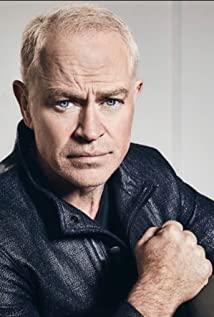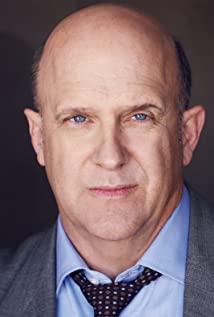The light of "Flags of Our Fathers" is not to create a hero, but to use its penetrating power to reveal the twists and turns behind the "hero", the inner struggle, and restore everything they really are. Clint Eastwood's films are like his wise eyes, insight into the world, and experience the feelings and grievances between people. "The Banner of the Fathers" tells the fate of individuals in war, society, and the country through personal memories, and the life choices people make.
Human beings admire victory and worship the hero who created victory. Even if there are mountains of corpses under his feet, it will not prevent him from becoming a hero, because only he is in the sight of the people, and those unknown people have long been drowned in the torrent of history. Ira is so stubborn, he can't accept the reputation of a hero, he laughs, resists, runs away, because he can't forget his comrades who died in battle, his comrades are more worthy of this reputation, and he walked out of the fire of war because He was cowardly (at least he thought so), perhaps his comrades blocked the bullet that should have belonged to him, and he felt guilty and blamed. We will admire his justice and loyalty, but in the context of magnification, this righteousness may not produce the results we want.
Wars continue to consume people's lives, and in moments of despair, people always hope that something will save him and give him strength. But when the justice of the individual goes against the needs of the whole group, how to choose? Eastwood adds a political twist to the film, when the treasury secretary unabashedly says that the people need the necessary deception, they desperately need encouragement, and the country needs their support, the truth doesn't matter because it's ugly sometimes ( to the effect). I wonder how every citizen will react when they really hear these deafening words? hatred? resignedly? anger? Of course, Eastwood has no intention of discussing conspiracy theories such as politics. He cares about showing us how a person will make choices in his own era, and how people's destiny is connected with the big era.
"The Banner of the Fathers" depicts a small battle of the Pacific War through the memory of the protagonist, reveals the cruelty of the war, and cherishes the dedication of the American ancestors to the country, which is a traditional American value. The director looks at the war from a small perspective-personally, and sees it in a small way, but gives it more human warmth. The Doctor, who was in critical condition, told his son about the past. He had no memory of the war. The only thing he remembered was the evening when they captured the mountain. The lieutenant allowed them to swim by the sea. His comrades-in-arms play like children. The footage and music of the film are so warm at the moment, with a little sadness. This is the end of the film, as if to say that war cannot erase people's good memories, nor destroy people's yearning for kindness and innocence.
View more about Flags of Our Fathers reviews


